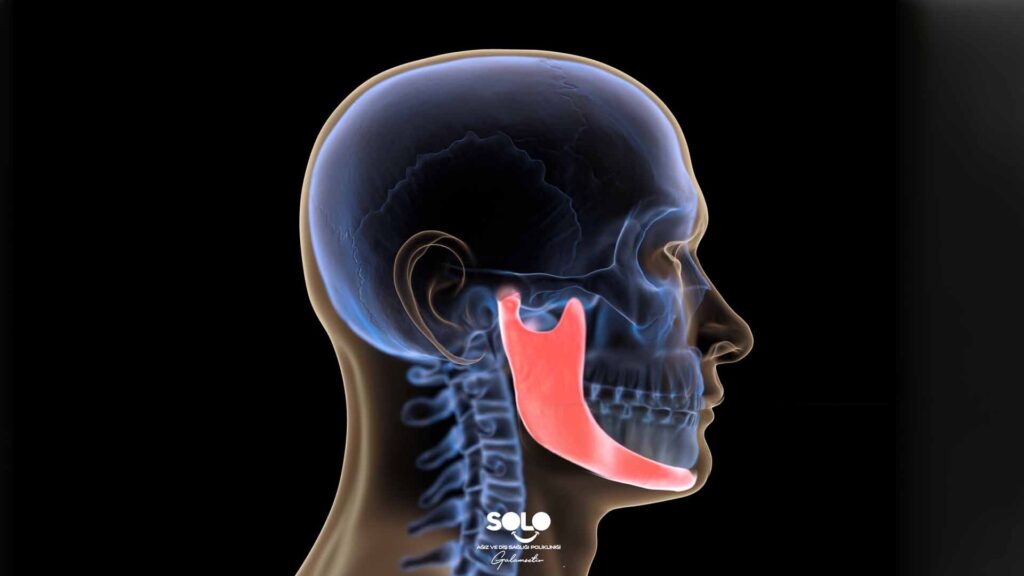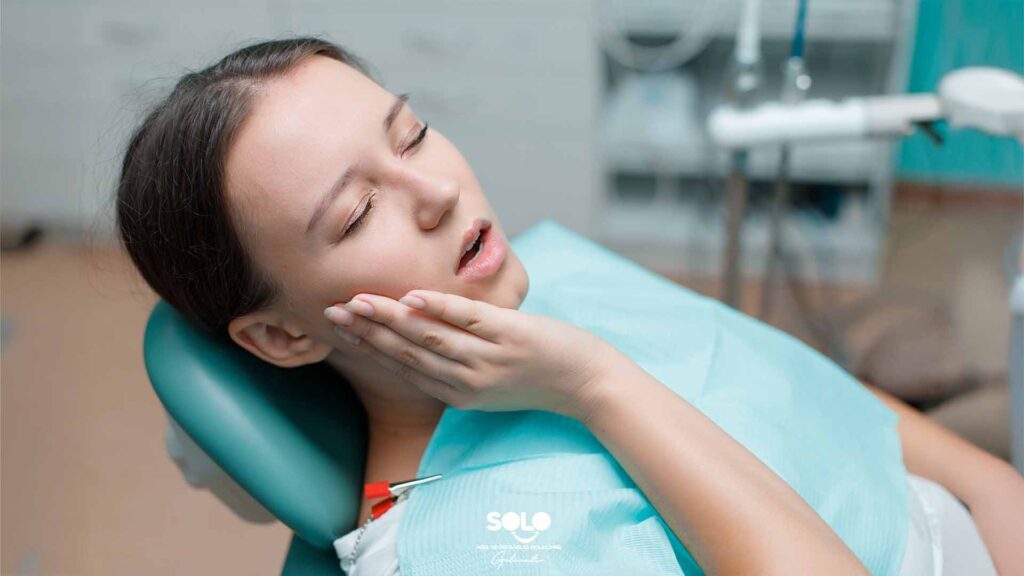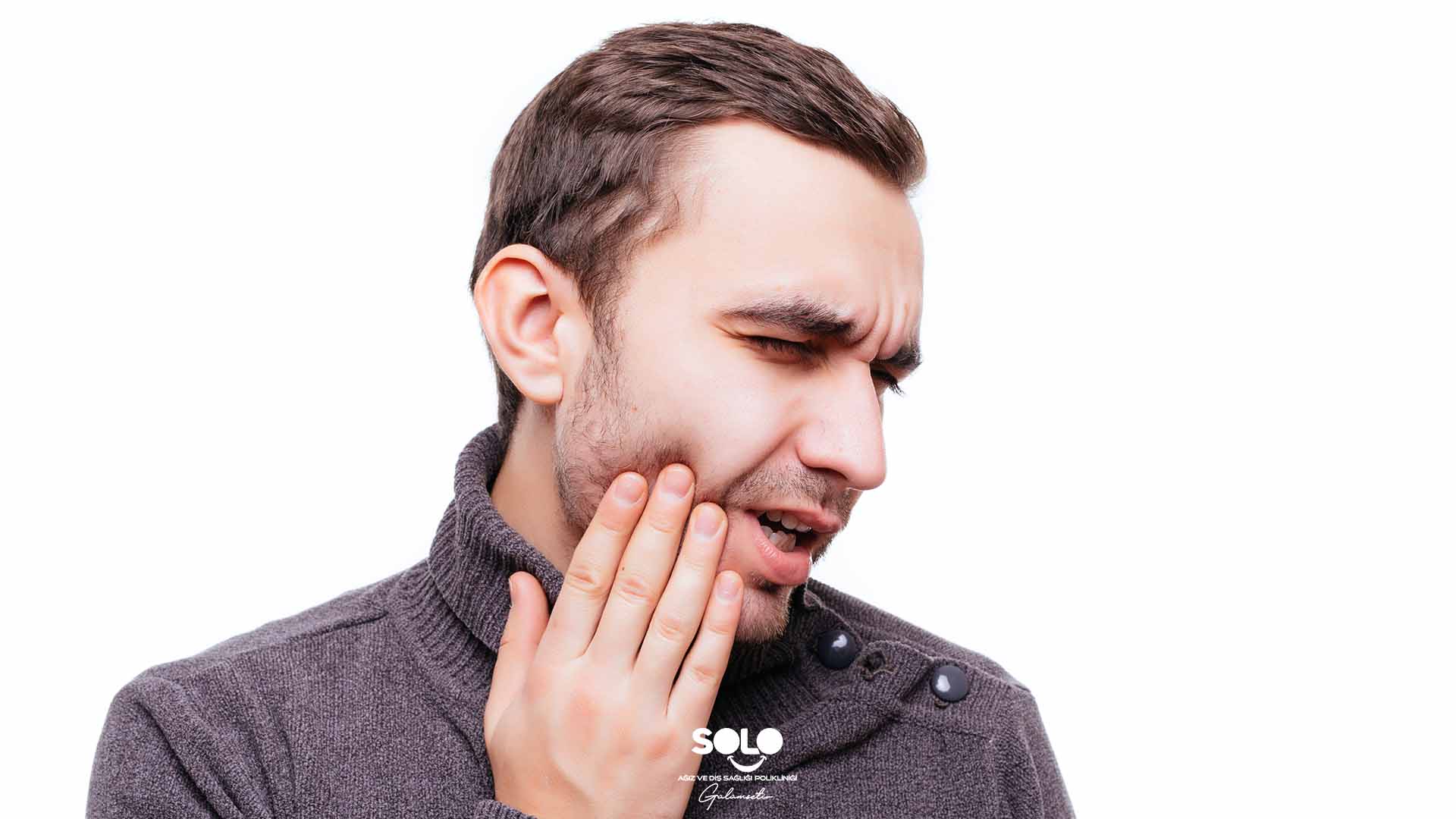What Causes Jaw Tension?
In the busy pace of daily life, our bodies occasionally send us small but significant signals. We often ignore these signals, disregarding them. However, there are some symptoms that, if ignored, can lead to bigger problems in the future. A jaw clench is one such warning sign.
A sudden feeling of stiffness, discomfort when speaking or chewing, and sometimes a tension felt even at rest… These contractions in the jaw area aren’t just a physical discomfort; they’re also the body’s way of telling us, “Something’s wrong.” So, what causes a jaw clench?
This condition can stem from a simple stress response, or it can lead to teeth grinding (bruxism), temporomandibular joint (TMJ) disorders, or more serious health problems related to the nervous system. Therefore, jaw tension is a multifaceted symptom that requires both physiological and psychological consideration.
What is a Jaw Tightening?
A jaw twitch is a condition in which the muscles surrounding the jaw contract involuntarily, causing stiffness, tension, and sometimes pain. This condition is typically felt in the jaw, face, and neck area and can affect a person’s daily activities. Even simple and natural movements such as chewing, speaking, yawning, and even laughing can become challenging.
While some people experience jaw twitching only at certain times, such as during times of intense stress, in others it can become chronic. Chronic jaw twitching can be both physically and psychologically exhausting, leading to numerous negative consequences such as insomnia, headaches, dental problems, and social withdrawal.
These contractions can develop suddenly, often as muscle spasms, or they can manifest as increasing tension throughout the day. In some cases, this condition can go unnoticed for years, and individuals only see a dentist when they experience significant pain or tooth erosion.

The Most Common Causes of Jaw Tightness
Stress and Anxiety
Stress, one of the most common health problems of the modern age, can cause tension in many parts of the body. People under intense stress, in particular, unconsciously clench their teeth throughout the night or throughout the day (bruxism). This causes excessive tension, stiffness, and contraction in the jaw muscles. The constant contraction of the jaw muscles, combined with prolonged stress, can cause both pain and damage to the jaw joints.
Bruxism (Teeth Clenching and Grinding)
Teeth clenching or grinding usually occurs during sleep. The person is often unaware of it. Upon waking in the morning, symptoms such as pain, fatigue, or headaches can manifest. Bruxism, due to overuse of the jaw muscles, can cause stiffness, inflammation, and even deterioration of the jaw structure.
Temporomandibular Joint (TMJ) Disorders
The temporomandibular joint (TMJ), located at the junction between the jawbone and the skull, enables healthy jaw movements. However, disorders in this joint are a common cause of jaw tension. TMJ disorders are accompanied by symptoms such as a clicking sound when opening the jaw, pain, and a locked jaw. These can be caused by trauma, poor posture, dental problems, or conditions such as arthritis.
Musculoskeletal System Problems
Musculoskeletal problems in the neck, back, and shoulder areas can also affect the jaw muscles. In particular, in individuals with poor posture, muscle spasms can occur due to the unbalanced functioning of the muscles between the neck and jaw. Prolonged sitting in an office environment, constantly bending the head forward, or using improper pillows while sleeping are among the primary causes of these problems.
Trauma and Injuries
Spasms in the jaw muscles can occur following blows to the face or jaw, falls, or accidents. These types of contractions develop as a result of the body’s self-protection reflex and can sometimes continue until the healing process is complete.
Neurological Conditions
Jaw twitching can also occur in some neurological conditions. For example, a condition called dystonia can cause involuntary muscle contractions. Similar symptoms can also occur in neurological disorders such as Parkinson’s disease and epilepsy. Therefore, persistent jaw twitching should always be addressed with a specialist.
Symptoms of Jaw Tension
- Limited jaw movement
- Pain when opening or closing the jaw
- Tenderness in the temples or around the ears
- Headache
- Sensitivity or erosion of teeth
- Waking up tired in the morning
- Cracked or broken teeth

How to Treat Jaw Tightness
Treatment for jaw tightness can vary depending on the underlying cause; therefore, instead of a single solution, a multifaceted approach should be adopted to address the root cause. Stress reduction is often the first step. Yoga, meditation, breathing exercises, or psychological support from a professional can help reduce stress levels, which can significantly reduce the frequency of jaw tightness. Night guards (guards) specially designed by dentists, especially for individuals who grind their teeth at night, are highly effective in protecting both the teeth and jaw muscles.
In addition, jaw exercises, massage, and physical therapy performed by a physical therapist can help relax the muscles and restore their function. In more advanced cases, muscle relaxants or anti-inflammatory medications can be used with a doctor’s recommendation. In some cases, Botox injections are also preferred to reduce involuntary jaw muscle contractions. If the problem stems from a dental disorder, orthodontic treatments performed by a dentist can address the root cause of jaw tightness.

When Should You See a Doctor?
If jaw cramps have persisted for a long time.
If there is pain or limited movement that affects daily life.
If cramps recur frequently.
If there is damage to the teeth.
If you experience a clicking or locking sensation in your joints.
Seeking help from a dentist is essential.

